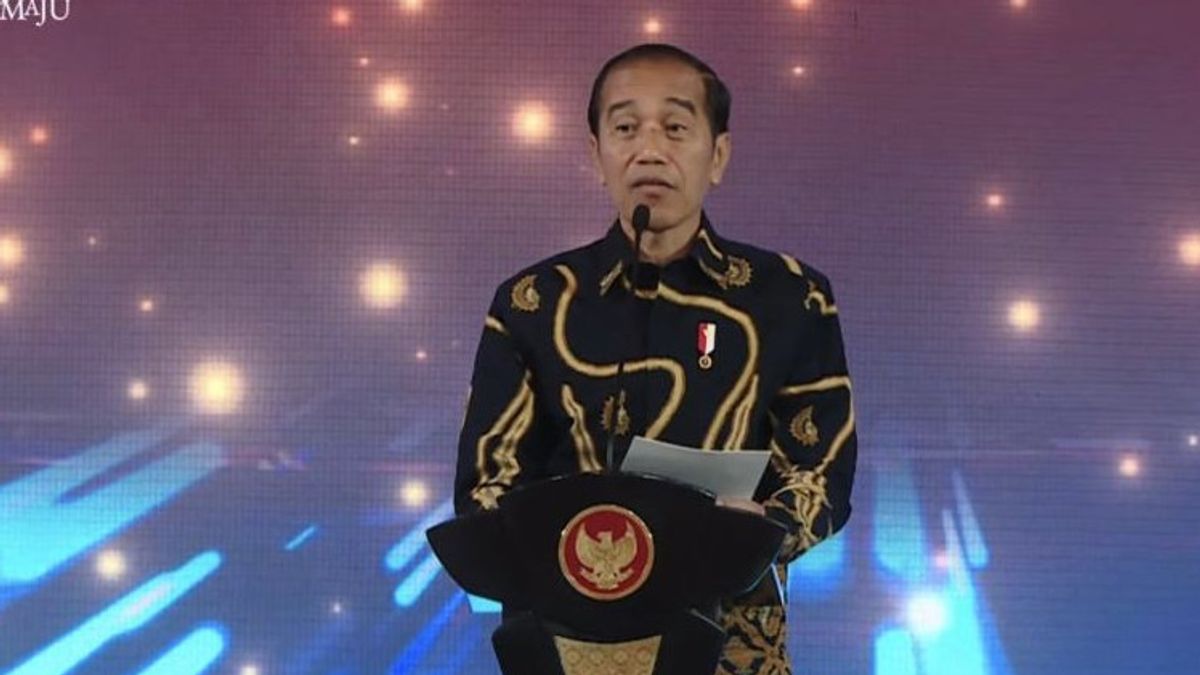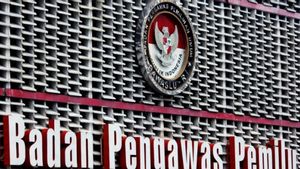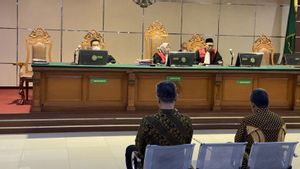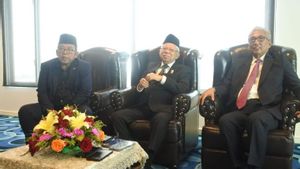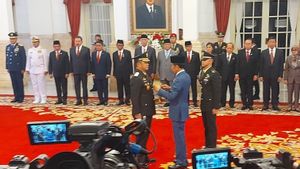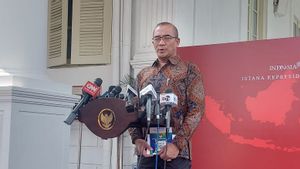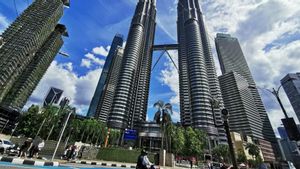JAKARTA - President Joko Widodo concluded that global geopolitical tensions triggered by the Israeli-Palestinian and Russian-Ukraine war situation could not be stopped anytime soon.
Jokowi, on the agenda of the 2023 Bank Indonesia Annual Meeting in Jakarta, Wednesday night, asked the financial sector in Indonesia to anticipate the impact of the war situation on national economic growth.
"As stated by Bank Indonesia Governor Perry Warjiyo, the world is not doing well. There are many domestic issues that have an impact on the global world," said President Jokowi as quoted by ANTARA, Wednesday, November 29.
The President said the global impact triggered by the war had resulted in high interest rate inflation in the United States, the economic slowdown to the property crisis in China due to sudden geopolitical tensions.
"All countries, if they want to fight, tell them first so that we can get ready, what needs to be prepared," he said.
Regarding this, Jokowi decided to always be involved in various international conference opportunities in order to observe the global geopolitical impact on the economy, food prices, and energy in Indonesia.
Several previously, President Jokowi attended the High-Level Conference (KTT) of Islamic Cooperation Organizations (OKI) on November 11, 2023, discussing the situation in Gaza, Palestine.
After attending the Extraordinary OIC Summit in Riyadh, President Jokowi continued his trip to Washington DC on November 12, 2023 to meet with US President Joe Biden to voice Indonesia's firm position regarding the situation in Gaza.
From Washington DC, President Jokowi headed to San Francisco to attend the Asia-Pacific Economic Cooperation Summit (APEC) on November 16, 2023, with two issues, namely sustainable development and inclusive development.
"But, at the end of my opinion, I in my heart conclude that it is impossible to stop the war in the near future," he said.
SEE ALSO:
Therefore, said Jokowi, the impact of the war that is still ongoing must be anticipated by all relevant parties in Indonesia.
"Because if it's called a war, it disturbs him everywhere. Global supply chain disruptions, food price spikes, energy price spikes, everything is affected," he said.
Jokowi also mentioned the impact of climate change that is increasingly being felt by the Indonesian people, one of which is national food production which has decreased slightly.
"Twenty-two countries limit food exports, this is impromptu again. In the past, rice imports, all countries offered, I have stock, I have stock. Now 22 countries are limiting and stopping food exports," he said.
However, in the midst of this situation, Jokowi is grateful that the Indonesian economy is still growing and stable at a range of 5 percent.
"If we talk to other heads of state, with the president, prime minister, we are very proud of our economic growth, which is still 5 percent, although if we look at it sometimes below," he said.
The English, Chinese, Japanese, Arabic, and French versions are automatically generated by the AI. So there may still be inaccuracies in translating, please always see Indonesian as our main language. (system supported by DigitalSiber.id)
